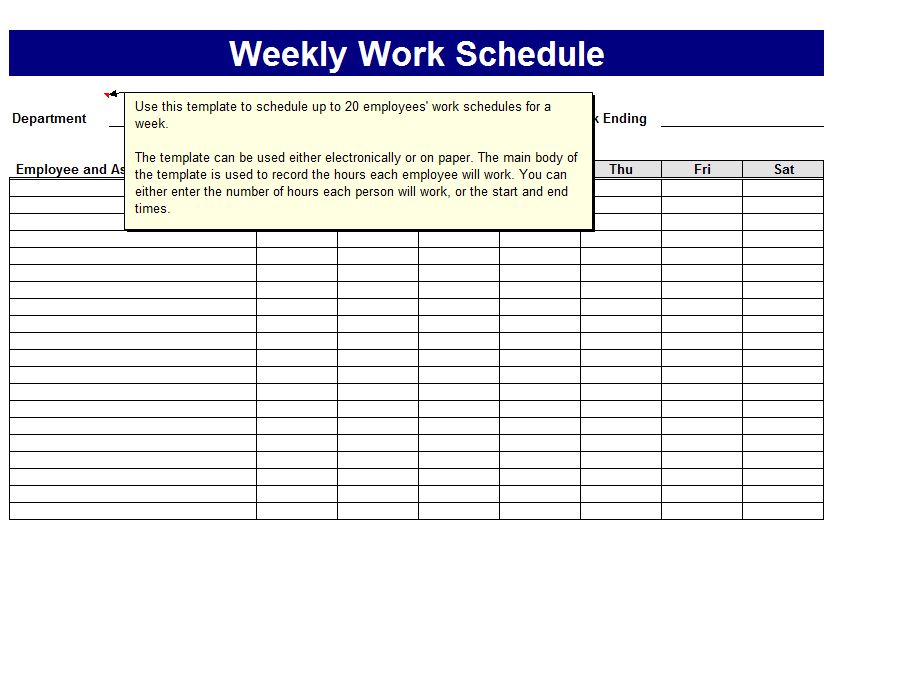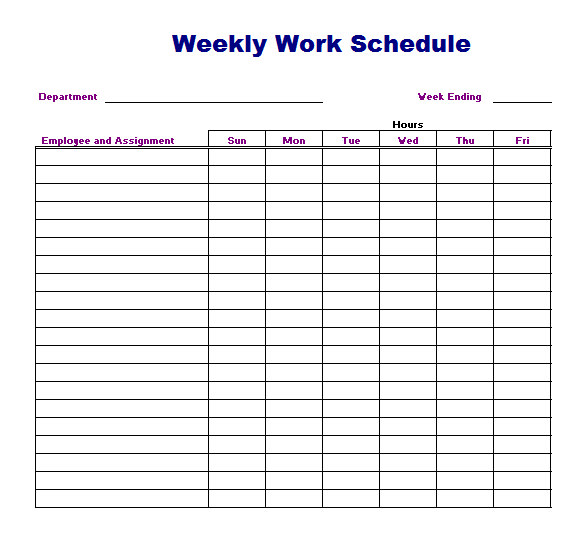
Similarly, if you overstaff your business on a given shift, you’re paying workers to sit around and do nothing or simply chat with one another, which is a waste of company resources. Productivity decreases: Lack of employee resources during a shift can result in an inability to serve customers with the necessary level of care or complete work on time.When there are communication problems with your schedule, staff may arrive late for a shift or not show up at all, resulting in understaffing. Tardiness or no-shows: If you don’t share your schedules with sufficient notice or ensure that all staff is receiving or viewing the schedule, you are susceptible to communication errors.

When morale is low and employees are unhappy at work or feel undervalued, they may start looking for other positions to apply for and ultimately choose to leave your company. Higher turnover rates: If employees feel like they’re not receiving the support they need during their shift, either due to inadequate supervision or too few people on the job, they are likely to become dissatisfied.The consequences of inefficient shift scheduling include: The repercussions of poor schedulingįailing to schedule employees efficiently or communicate the schedule to your team can have a lasting impact on the success of your business. When scheduling shift workers, posting a schedule online or in a public part of the office can hold employees accountable for reporting to work on time. Combinations of coworkers on a shift can have an effect on sales, as can the number of people working compared to the ratio of customers or level of work that needs to be addressed. How you schedule your employees has a direct impact on the success of your company. Avoiding instances of overstaffing or understaffing.Boosting morale by ensuring adequate support for team members.

Optimizing staff to reduce operational expenses.

The benefits of prioritizing employee scheduling include: Scheduling employees efficiently ensures everyone has a task to complete when they are on the clock. Why is scheduling important?Ī consistent and thorough system for scheduling employees can help managers ensure smoother operations, better transitions at peak times and clearer oversight of payroll costs and resource management.


 0 kommentar(er)
0 kommentar(er)
